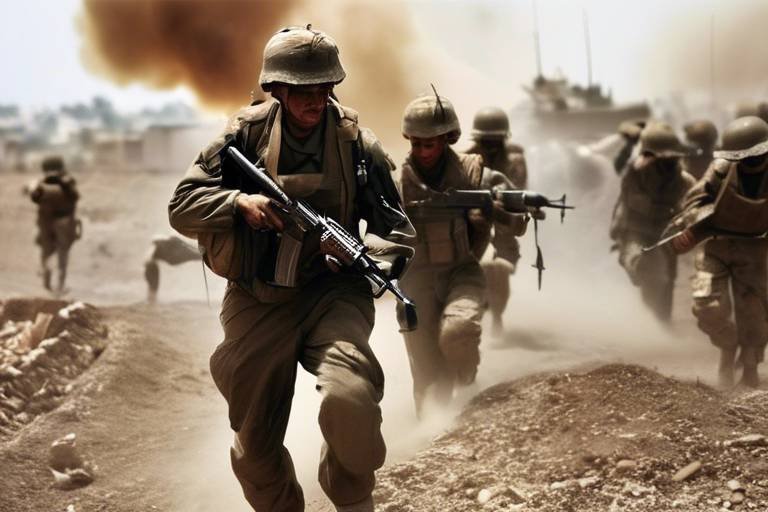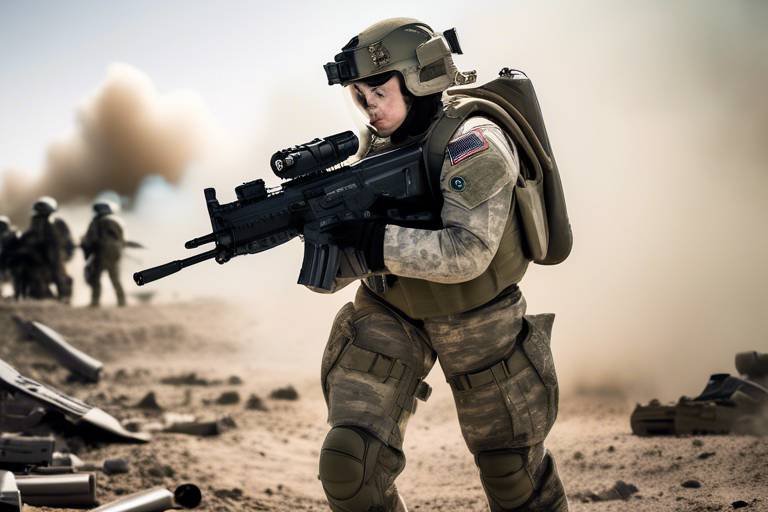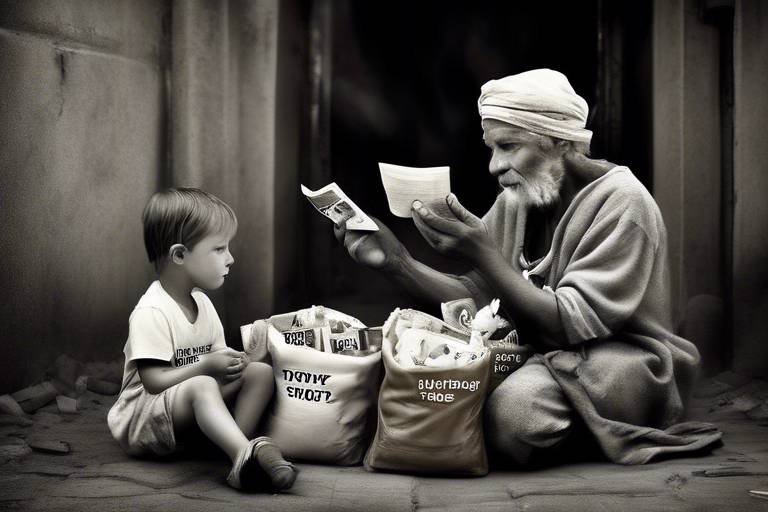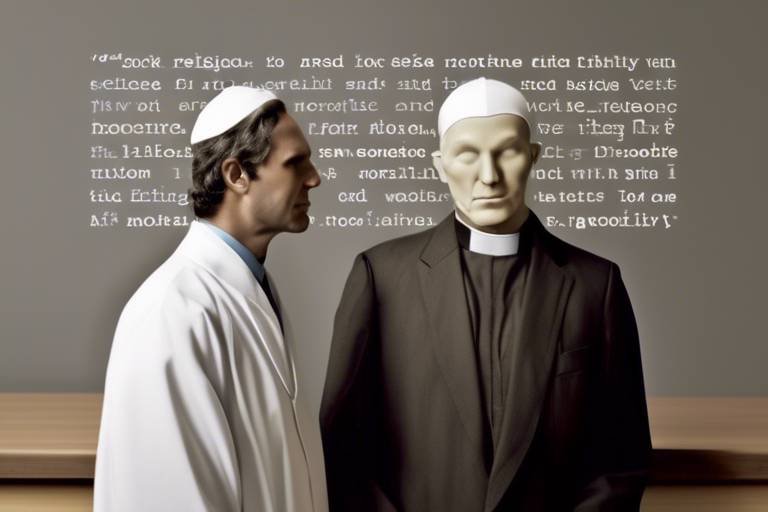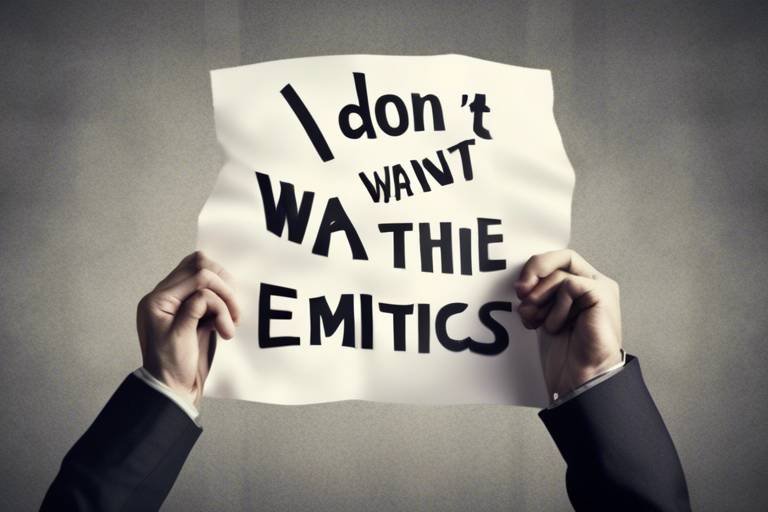The Ethics of Chemical Warfare - A Deeper Investigation
The topic of chemical warfare is not just a matter of strategy or military advantage; it delves deep into the murky waters of ethics and morality. As we explore this complex issue, we must confront the unsettling reality that the use of chemical agents in warfare poses profound questions about our humanity. Why do nations resort to such devastating measures? What are the implications for the innocent lives caught in the crossfire? These questions echo through history, inviting us to examine the ethical landscape that surrounds chemical warfare.
Throughout the 20th century, the use of chemical weapons has left an indelible mark on the fabric of global conflicts. From the trenches of World War I to the more recent battles in Syria, the deployment of these agents has sparked outrage and condemnation. In this investigation, we will not only look at the historical context but also the international laws designed to regulate their use. The Chemical Weapons Convention (CWC), for instance, stands as a testament to global efforts to eliminate these horrific tools of war. However, the effectiveness of such treaties often hangs in the balance, challenged by geopolitical tensions and enforcement difficulties.
As we navigate through the ethical implications of chemical warfare, we must consider the moral frameworks that guide our understanding of right and wrong. Utilitarianism, which advocates for actions that maximize overall happiness, often clashes with deontological perspectives that emphasize the inherent wrongness of certain actions, regardless of the consequences. This clash of ideologies shapes public opinion and influences policy decisions, making it imperative for us to engage in thoughtful discourse about the morality of chemical warfare.
Moreover, the consequences of chemical warfare extend far beyond the battlefield. The impact on civilian populations is staggering, often resulting in long-term health issues and societal trauma. Victims of chemical attacks may suffer from debilitating conditions that persist for decades, creating a cycle of suffering that affects families and communities. The environment, too, bears the brunt of these attacks, as chemical agents contaminate land and water sources, disrupting ecosystems and threatening biodiversity. The human and environmental costs associated with chemical warfare are a stark reminder of the responsibilities we hold as stewards of our planet.
In light of these considerations, it is crucial to engage with the historical case studies that illustrate the complexities of chemical warfare. For instance, the use of mustard gas in World War I was not only a tactical decision but also a moral failing that led to widespread suffering. Similarly, the ongoing conflict in Syria has brought the horrors of chemical warfare back into the global spotlight, prompting urgent discussions about accountability and justice.
As we look to the future, the ethical landscape surrounding chemical warfare continues to evolve. Technological advancements pose new challenges, raising questions about what constitutes ethical warfare in an age of drones and cyber warfare. The dialogue surrounding these issues must remain open and inclusive, as we strive to navigate the ethical implications of warfare in a rapidly changing world. In this ongoing conversation, it is essential to consider the voices of those most affected by these decisions—the civilians who bear the brunt of warfare's consequences.
- What are chemical weapons? Chemical weapons are toxic substances used to inflict harm or death on humans, animals, or plants during warfare.
- Why are chemical weapons considered unethical? They cause indiscriminate suffering, often affecting civilians disproportionately and causing long-term environmental damage.
- What international laws regulate chemical warfare? The Chemical Weapons Convention (CWC) is the primary treaty that prohibits the development, production, and use of chemical weapons.
- What are the long-term effects of chemical warfare on civilians? Survivors may experience chronic health issues, psychological trauma, and socioeconomic challenges that persist for generations.
- How can we prevent the use of chemical weapons in the future? Strengthening international laws, promoting disarmament, and fostering global cooperation are essential for preventing future chemical warfare.
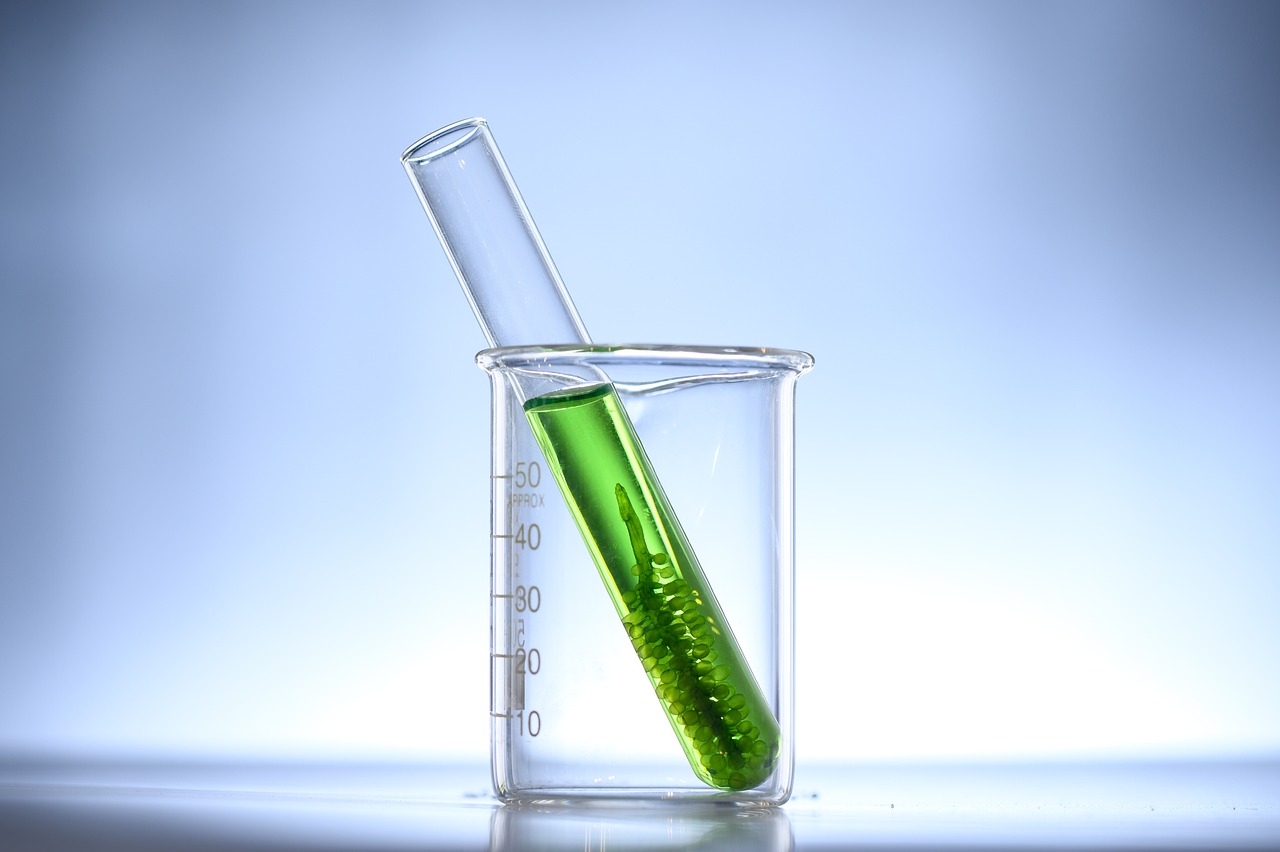
Historical Context of Chemical Warfare
The history of chemical warfare is a chilling narrative that stretches back to ancient times, but it significantly escalated during the 20th century. Initially, the use of toxic substances in warfare was sporadic and often rudimentary. For instance, ancient civilizations like the Greeks and Romans employed various forms of poison, using it to taint water supplies or coat arrows. However, it wasn't until World War I that chemical warfare became a systematic and devastating tactic on the battlefield. The introduction of gases such as chlorine, phosgene, and mustard gas marked a turning point in military strategy, causing not only immediate physical harm but also long-lasting psychological trauma.
During World War I, the horrors of chemical warfare became evident. The first large-scale use of chemical agents occurred in 1915 at the Second Battle of Ypres, where German forces unleashed chlorine gas against Allied troops. This event shocked the world and led to a brutal escalation in the use of chemical weapons. Soldiers experienced excruciating pain and suffering, and many succumbed to the effects long after the war ended. The sheer scale of the devastation prompted a global outcry, leading to the establishment of international treaties aimed at prohibiting such inhumane practices.
Following World War I, the 1925 Geneva Protocol sought to prohibit the use of chemical and biological weapons, yet compliance was inconsistent. Countries continued to develop and stockpile chemical agents, leading to further conflicts where these weapons were employed. For example, during World War II, the Nazis utilized chemical agents in concentration camps, and the use of chemical warfare resurfaced in conflicts such as the Vietnam War, where the U.S. military deployed Agent Orange, a herbicide that caused severe health issues for both soldiers and civilians.
The implications of these historical events are profound. They not only illustrate the devastating effects of chemical warfare but also raise significant ethical questions. The evolution of chemical weapons and their use in warfare has led to a complex interplay of military necessity, human rights, and international law. As we reflect on this history, it's crucial to understand how these events have shaped current attitudes towards chemical warfare and the ongoing efforts to regulate and eliminate such weapons globally.
In the modern era, the legacy of chemical warfare continues to haunt international relations. The use of chemical agents in the Syrian Civil War reignited global debates about the efficacy of international treaties and the moral responsibilities of nations. As we delve deeper into the ethical considerations surrounding chemical warfare, it becomes clear that understanding its historical context is essential for informing current policies and practices.
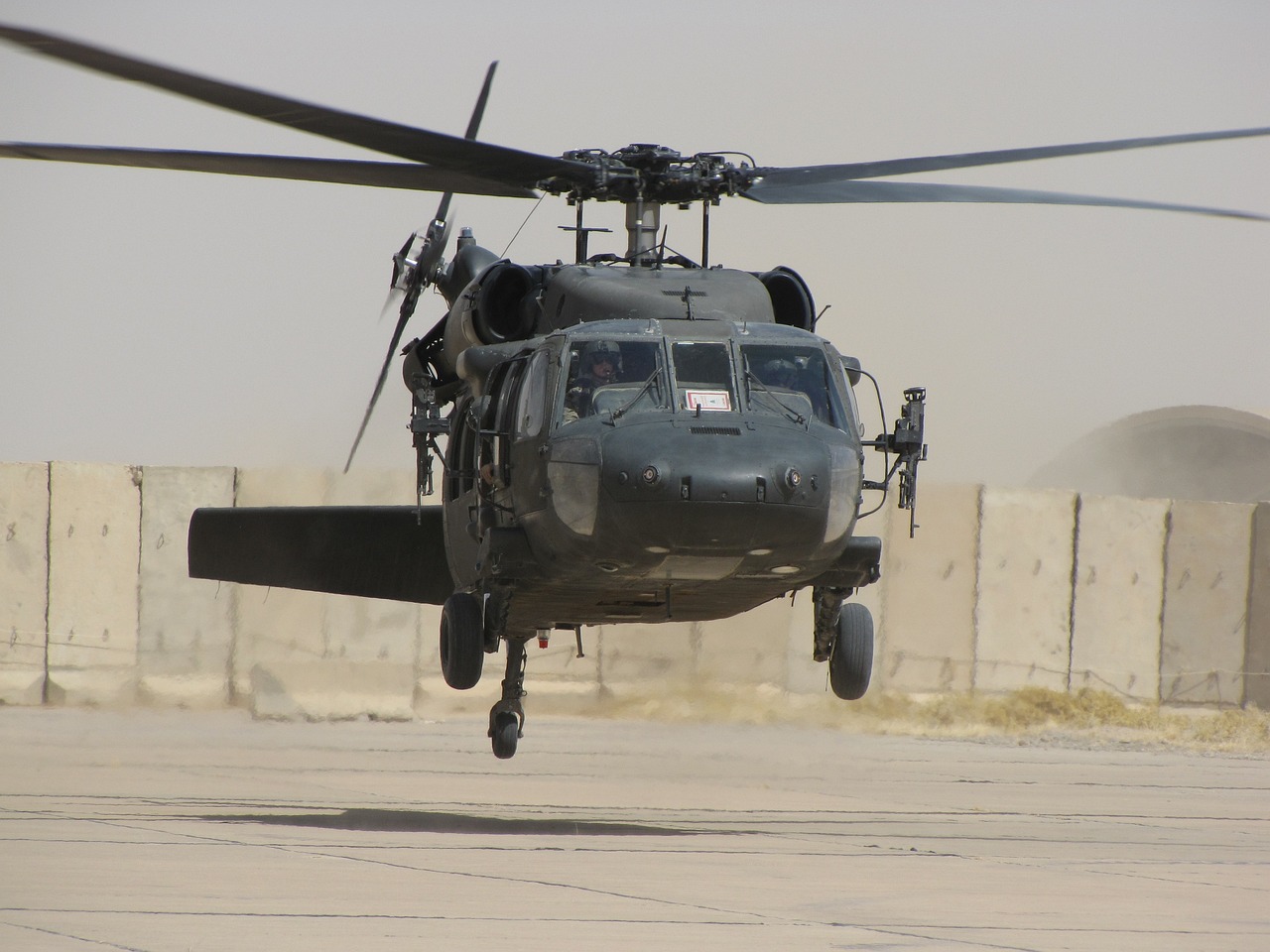
International Laws and Treaties
The regulation of chemical warfare is primarily governed by international laws and treaties designed to prohibit the use of chemical weapons and to mitigate their impact on humanity. One of the most significant legal frameworks is the Chemical Weapons Convention (CWC), which came into force in 1997. This treaty not only bans the development, production, stockpiling, and use of chemical weapons but also mandates the destruction of existing stockpiles. The CWC has been ratified by over 190 countries, making it one of the most widely accepted arms control agreements in history. However, the effectiveness of the CWC is often questioned, especially in light of recent conflicts where chemical weapons have been used.
Despite its comprehensive structure, the enforcement of the CWC poses significant challenges. For instance, the Organisation for the Prohibition of Chemical Weapons (OPCW), which oversees the implementation of the CWC, faces hurdles such as political resistance, lack of cooperation from certain nations, and the clandestine nature of chemical weapons programs. Countries like Syria have been accused of violating the CWC, and investigations into these claims can be politically sensitive, often leading to international tensions. This raises the question: how can the global community effectively enforce compliance when powerful nations may not abide by these treaties?
In addition to the CWC, several other treaties and agreements contribute to the framework governing chemical warfare. For example, the Geneva Protocol of 1925 was one of the first international agreements to prohibit the use of chemical and biological weapons in warfare. Although it laid the groundwork for future treaties, it lacked enforcement mechanisms, which allowed nations to continue developing chemical weapons in secret. The evolution of these laws reflects an ongoing struggle between the need for military power and the ethical imperative to protect human life.
Moreover, the legal landscape is continually evolving as new technologies emerge. The rise of dual-use technologies—those that can be used for both civilian and military purposes—complicates the enforcement of existing laws. For instance, advancements in chemical manufacturing can inadvertently lead to the production of toxic agents that could be weaponized. Therefore, it is crucial for international laws to adapt to these changes and to include stringent regulations on research and development in the chemical field.
| Treaty/Agreement | Year Established | Key Features |
|---|---|---|
| Geneva Protocol | 1925 | Prohibits the use of chemical and biological weapons in warfare |
| Chemical Weapons Convention | 1997 | Bans development, production, and stockpiling of chemical weapons |
| United Nations Security Council Resolutions | Various | Address specific instances of chemical weapon use and enforce compliance |
Ultimately, the effectiveness of international laws and treaties regulating chemical warfare hinges on the collective will of nations to uphold their commitments. The moral implications of chemical warfare necessitate a robust legal framework that not only prohibits their use but also holds violators accountable. As the global community grapples with the threat of chemical weapons, ongoing dialogue and cooperation will be essential in reinforcing these laws and ensuring a safer future for all.
- What is the purpose of the Chemical Weapons Convention? The CWC aims to eliminate chemical weapons and prevent their use in warfare.
- How does the OPCW enforce compliance? The OPCW conducts inspections and monitors member states' chemical weapons programs to ensure adherence to the CWC.
- What challenges does the CWC face? Challenges include political resistance, lack of cooperation from certain countries, and the emergence of dual-use technologies.
- Can countries withdraw from the CWC? Yes, countries can withdraw from the CWC, but they must provide a notice of withdrawal to the United Nations.

Moral Implications of Chemical Weapons
The use of chemical weapons in warfare is not just a tactical decision; it raises profound moral questions that challenge our very understanding of humanity. When we think about warfare, we often envision soldiers engaged in combat, but the introduction of chemical agents transforms the battlefield into a realm of horror that indiscriminately affects anyone in the vicinity. This brings us to a crucial question: what is the value of human life in the context of war? The deployment of these weapons often leads to devastating consequences not only for combatants but also for innocent civilians, raising ethical dilemmas that demand careful consideration.
One of the most disturbing aspects of chemical warfare is its indiscriminate nature. Unlike conventional weapons, which may target specific military objectives, chemical agents can spread uncontrollably, affecting populations far removed from any conflict. Imagine a scenario where a chemical attack occurs in a city; the immediate chaos is compounded by long-term health issues like respiratory problems, skin diseases, and psychological trauma. This brings to light the ethical implications surrounding the principle of proportionality in warfare. Are the potential military advantages worth the human suffering inflicted on non-combatants?
Furthermore, the morality of using chemical weapons can be examined through various ethical frameworks. For instance, from a utilitarian perspective, one might argue that if the use of chemical weapons could lead to a quicker end to a conflict, it could be justified. However, this line of reasoning quickly falters when considering the long-term repercussions on human health and the environment. The pain and suffering endured by victims often extend for generations, making it difficult to measure the true cost of such decisions.
In contrast, a deontological approach would argue that certain actions are inherently wrong, regardless of the consequences. From this viewpoint, the use of chemical weapons is a violation of fundamental human rights and dignity. It is a breach of the moral obligation to protect all human life, and thus, it cannot be justified under any circumstances. This perspective aligns with the sentiments expressed in various international treaties and conventions aimed at banning chemical weapons altogether.
Moreover, the psychological impact of chemical warfare cannot be overlooked. Survivors often grapple with severe emotional and mental health challenges, which can lead to societal trauma. Communities affected by chemical attacks may face stigma, isolation, and a breakdown of social cohesion. As we ponder the moral implications, we must ask ourselves: how do we reconcile the need for security with the obligation to uphold human dignity?
In summary, the moral implications of chemical weapons extend beyond the battlefield and into the very fabric of society. They challenge our ethical frameworks and force us to confront uncomfortable truths about the value we place on human life and the responsibilities that come with warfare. As we continue to engage in discussions about military strategy and international law, we must keep these moral considerations at the forefront of our minds, ensuring that the lessons of the past guide us towards a more humane future.
- What are chemical weapons? Chemical weapons are toxic substances used to harm or kill people in warfare, often causing indiscriminate suffering.
- Why are chemical weapons considered immoral? Their use poses significant risks to civilian populations and violates fundamental human rights, making them morally indefensible.
- What international laws regulate chemical weapons? The Chemical Weapons Convention (CWC) is a key treaty that prohibits the development, production, and stockpiling of chemical weapons.
- How do chemical weapons impact civilian populations? Chemical warfare can lead to long-term health issues, psychological trauma, and environmental damage, disproportionately affecting civilians.

Consequences for Civilians
The repercussions of chemical warfare on civilian populations are nothing short of devastating. When chemical weapons are unleashed, they do not discriminate; they wreak havoc on anyone caught in their path—men, women, and children alike. Imagine a serene village suddenly engulfed in a cloud of toxic gas. What follows is chaos, panic, and a profound sense of helplessness. The immediate effects can be horrifying—breathing difficulties, skin burns, and even death. But the consequences extend far beyond the battlefield, leaving a long-lasting impact on communities.
One of the most disturbing aspects of chemical warfare is its ability to inflict long-term health issues on survivors. Those who manage to escape the initial onslaught may still suffer from chronic conditions such as respiratory diseases, neurological disorders, and various forms of cancer. For instance, studies have shown that populations exposed to chemical agents during conflicts often experience a higher incidence of these ailments years, even decades, later. This lingering health crisis not only affects individuals but also places a significant strain on healthcare systems, which may already be under-resourced in war-torn regions.
Moreover, the psychological toll of chemical warfare is profound. Survivors often grapple with trauma, anxiety, and depression, as they navigate a world that has been irrevocably altered by violence. The fear of recurring attacks can lead to a pervasive sense of insecurity, affecting daily life and community cohesion. Families may be torn apart, and traditional social structures can disintegrate as people flee from the threat of chemical attacks. This societal trauma can echo through generations, creating a cycle of fear and instability that is difficult to break.
In addition to health and psychological impacts, the environmental consequences of chemical warfare further complicate the situation for civilians. Contaminated land and water sources can render agricultural practices impossible, leading to food shortages and economic despair. Communities that rely on farming may find themselves unable to sustain their livelihoods, forcing them into poverty and increasing their vulnerability to exploitation. The long-term effects on the environment can also hinder recovery efforts, as areas become uninhabitable due to lingering toxins.
To summarize, the consequences of chemical warfare for civilians are multifaceted and deeply troubling. From immediate health crises to long-term psychological scars and environmental devastation, the impact is both direct and indirect. It raises the question: how can we, as a global community, prevent such tragedies from occurring in the first place? The answer lies in robust international laws, increased awareness, and a commitment to upholding human rights for all.
As we reflect on these consequences, it’s crucial to remember that behind every statistic is a human story. The faces of those affected remind us of our shared responsibility to advocate for peace and the prohibition of chemical weapons, ensuring that future generations do not bear the brunt of such horrors.
- What are chemical weapons? Chemical weapons are toxic substances used to harm or kill people, often deployed in warfare.
- How do chemical weapons affect civilians? They can cause immediate physical harm, long-term health issues, psychological trauma, and environmental damage.
- What international laws exist to prevent chemical warfare? The Chemical Weapons Convention (CWC) is a key treaty aimed at prohibiting the use of chemical weapons.
- Can the effects of chemical warfare be reversed? While some effects can be treated, many long-term health issues and environmental damage are often irreversible.
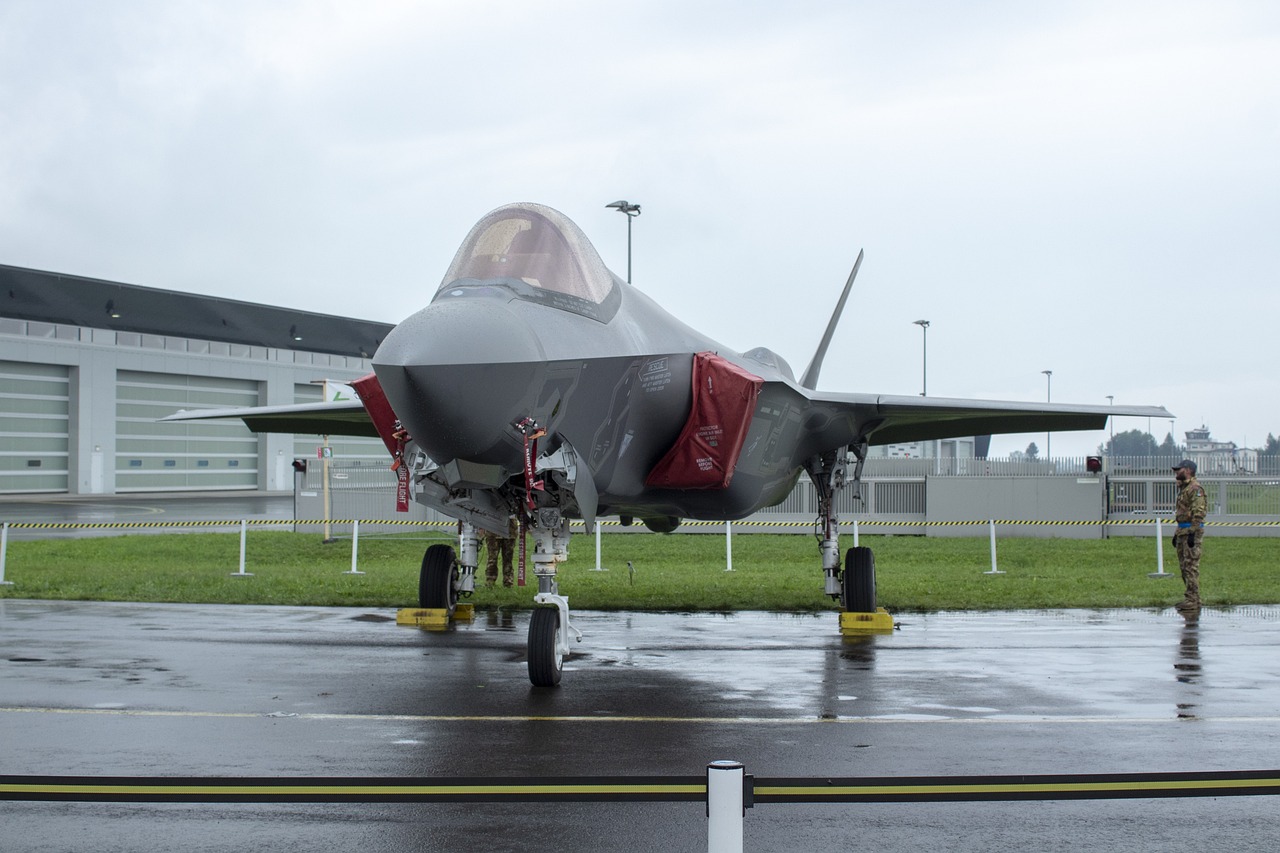
Environmental Impact
The use of chemical weapons in warfare has devastating effects not only on human life but also on the environment. When we think about the impact of these agents, it’s crucial to recognize that the repercussions can linger for decades, if not longer. Chemical agents, such as nerve gases and blistering agents, can contaminate soil and water sources, leading to ecological disasters that extend far beyond the battlefield.
Imagine a lush landscape turned into a barren wasteland; that’s the grim reality of areas affected by chemical warfare. The contamination of land can render agricultural practices impossible, leading to food shortages and economic instability. For instance, in regions where chemical agents have been deployed, farmers often find their crops failing, not only due to the immediate effects of the chemicals but also because of the long-term degradation of soil quality. This creates a vicious cycle of poverty and despair for communities that rely on agriculture for their livelihoods.
Moreover, the water supply can become tainted, posing severe health risks to local populations. Contaminated water sources can lead to a host of health issues, including cancers and respiratory problems, which can devastate communities already struggling with the aftermath of conflict. The effects are not just immediate; they can persist through generations, affecting the health and well-being of entire populations.
To illustrate the far-reaching consequences of chemical warfare on the environment, consider the following table that outlines some of the key impacts:
| Impact | Description |
|---|---|
| Soil Contamination | Chemical agents can degrade soil quality, making it unsuitable for agriculture. |
| Water Pollution | Contaminated water sources can lead to health crises and affect local ecosystems. |
| Biodiversity Loss | Chemical exposure can decimate local flora and fauna, leading to a loss of biodiversity. |
| Long-term Health Effects | Communities exposed to chemical agents often suffer from chronic health issues. |
In addition to these direct effects, the psychological impact on communities can be profound. The trauma associated with chemical attacks can lead to a deep-seated fear of the land itself, as people become wary of returning to areas where they might encounter lingering toxins. This fear can hinder recovery efforts and exacerbate social tensions, making it even more challenging to rebuild after conflict.
In conclusion, the environmental impact of chemical warfare is a complex and multifaceted issue that requires urgent attention. It is not merely a question of immediate military strategy; it extends into the realms of public health, environmental justice, and long-term sustainability. As we reflect on the ethics of chemical warfare, we must consider not just the human cost but also the profound and lasting effects on the environment that can echo through time.
- What are chemical weapons? Chemical weapons are toxic substances used to harm or kill people, animals, or plants. They can take various forms, including gases, liquids, or solids.
- How do chemical weapons affect the environment? Chemical weapons can contaminate soil and water sources, disrupt ecosystems, and cause long-term health issues for affected populations.
- Are there international laws regulating chemical warfare? Yes, the Chemical Weapons Convention is a key international treaty that prohibits the use of chemical weapons and aims to eliminate them globally.
- What are the long-term effects of chemical warfare on communities? Communities affected by chemical warfare often face economic hardship, health crises, and psychological trauma that can last for generations.
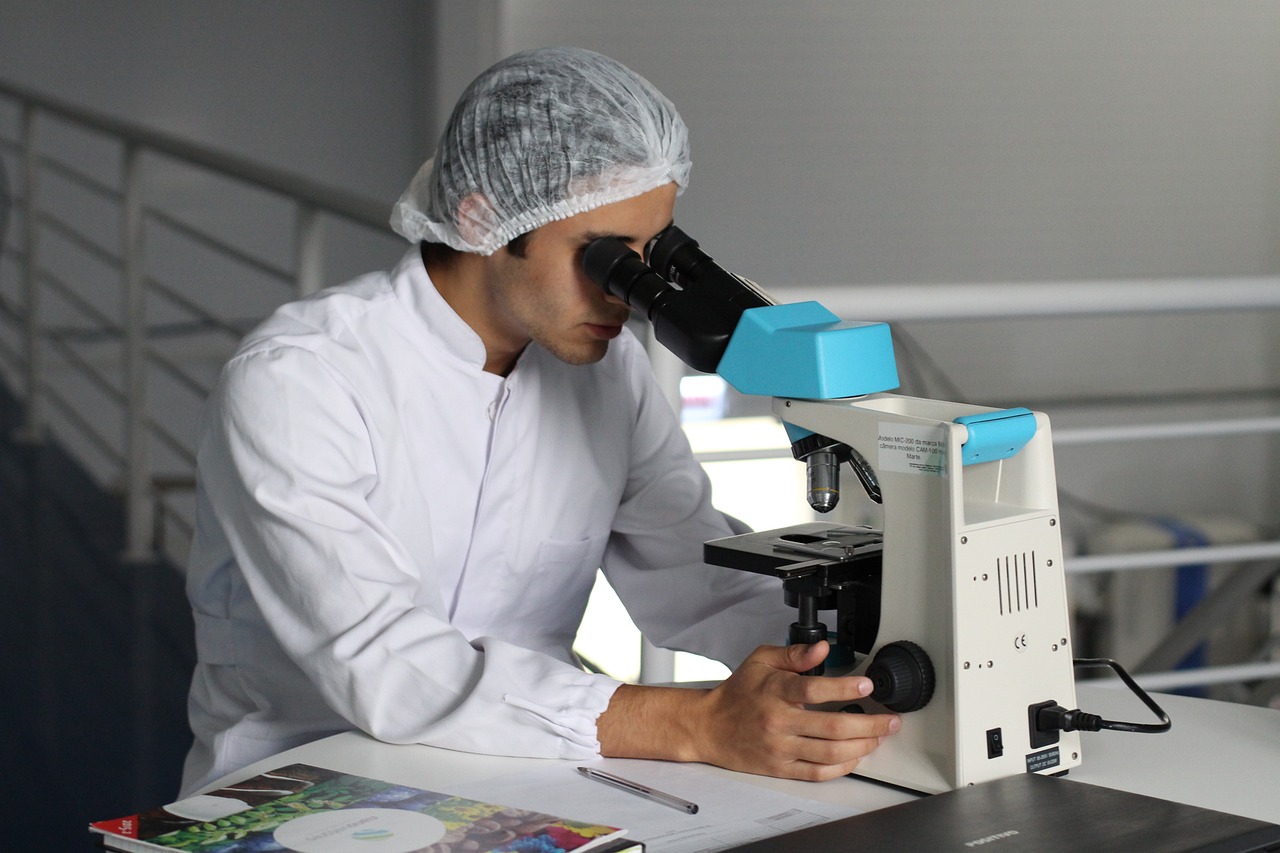
Case Studies of Chemical Warfare
The history of chemical warfare is riddled with harrowing examples that illustrate the profound ethical dilemmas it presents. One of the earliest and most notorious instances occurred during World War I, where the widespread use of chemical agents like chlorine and mustard gas marked a dark chapter in military history. These weapons were not just tools of war; they were harbingers of suffering, inflicting devastating injuries and long-lasting health issues on soldiers and civilians alike. Imagine being engulfed in a cloud of gas that burns your lungs and blinds your eyes—this was the grim reality for many during the Great War.
In World War I, approximately 1.3 million soldiers were affected by chemical weapons, with around 90,000 fatalities attributed directly to these agents. The psychological impact was equally severe, as survivors grappled with trauma and stigma. The use of such weapons raised urgent ethical questions: Was it justifiable to deploy these horrific substances in the name of victory? Were the military advantages worth the human cost? These questions still resonate today, as we analyze the shifting norms surrounding warfare.
Fast forward to the Syrian Civil War, where chemical weapons have been used in multiple instances, notably in the Ghouta attack in 2013. Reports indicated that sarin gas was unleashed on civilians, leading to the deaths of over 1,400 people, including many women and children. This incident not only shocked the global community but also highlighted the challenges of enforcing international laws against chemical warfare. Despite existing treaties, the use of such weapons continues to occur, raising alarms about accountability and the effectiveness of global governance.
The Ghouta attack sparked outrage worldwide, prompting discussions about intervention and the responsibilities of nations to protect human rights. It illustrated a crucial point: the ethical implications of chemical warfare extend beyond the battlefield, affecting international relations and humanitarian efforts. The Syrian case serves as a stark reminder that the horrors of chemical warfare are not relics of the past but an ongoing crisis that demands urgent attention.
To further understand the implications of these case studies, let's look at a comparative analysis of the two significant events in the table below:
| Aspect | World War I | Syrian Civil War |
|---|---|---|
| Year | 1914-1918 | 2011-Present |
| Primary Chemical Agents | Chlorine, Mustard Gas | Sarin, Chlorine Gas |
| Estimated Casualties | 1.3 million affected, 90,000 deaths | 1,400 deaths in Ghouta alone |
| Global Response | Formation of the League of Nations, Geneva Protocol | UN investigations, limited military interventions |
These case studies not only reveal the horrific realities of chemical warfare but also underscore the ongoing ethical debates surrounding their use. As we reflect on these historical events, we must ask ourselves: What lessons can we learn? How can we ensure that the tragedies of the past do not repeat themselves? The answers lie in a collective commitment to uphold human dignity and advocate for stricter enforcement of international laws.
- What are chemical weapons? Chemical weapons are toxic substances used to harm or kill humans and other living beings. They can cause severe injuries and long-term health effects.
- Are chemical weapons banned? Yes, the use of chemical weapons is prohibited under international law, specifically the Chemical Weapons Convention (CWC).
- What are the ethical implications of using chemical weapons? The use of chemical weapons raises significant moral questions about human rights, the value of life, and the responsibilities of nations in conflict.
- How can we prevent the use of chemical weapons in the future? Strengthening international treaties, increasing transparency, and promoting global cooperation are essential steps to prevent the use of chemical weapons.
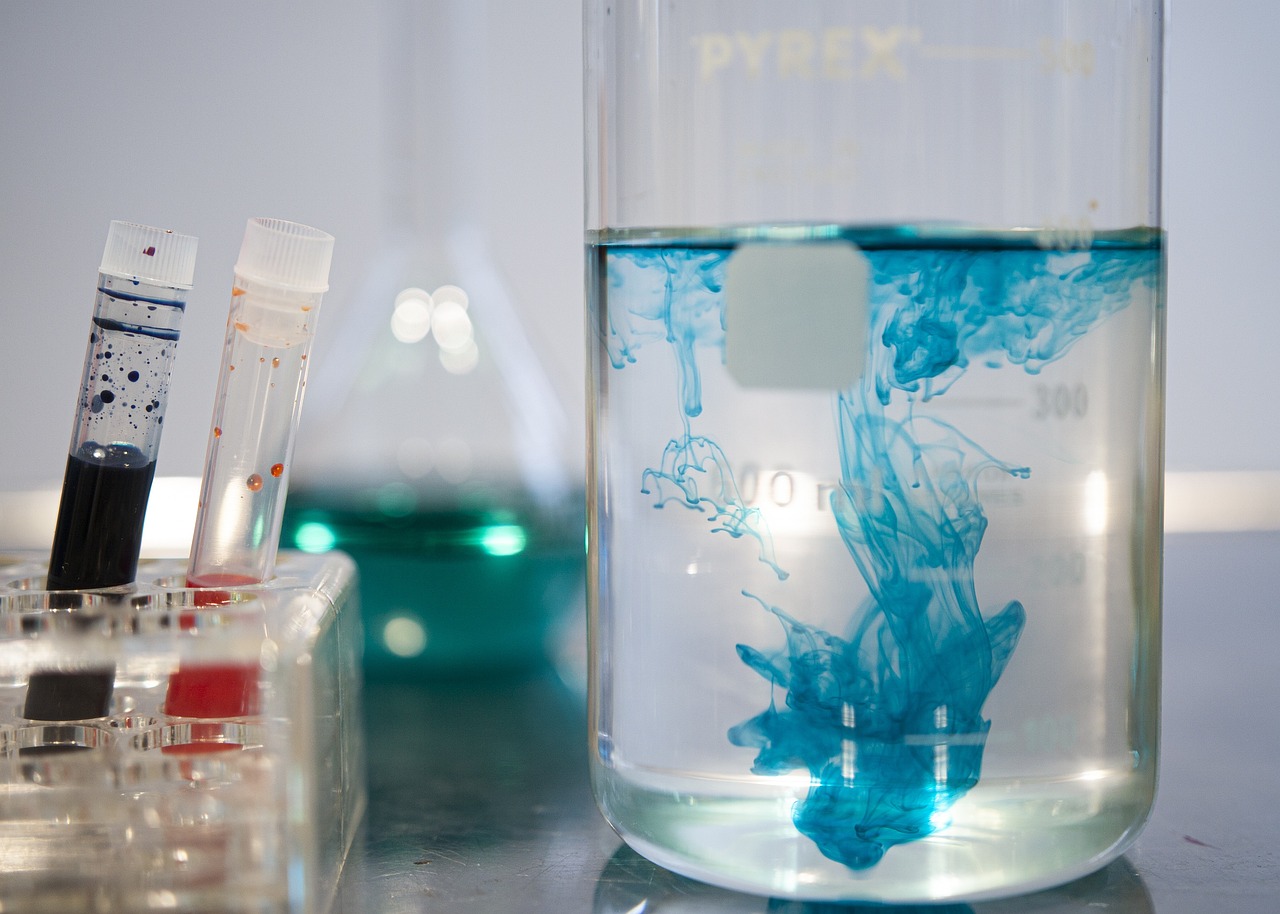
Ethical Frameworks and Perspectives
When we dive into the murky waters of chemical warfare, we quickly realize that it's not just about the weapons themselves, but also the ethical frameworks that guide our understanding of their use. Imagine standing at a crossroads, where one path leads to utilitarianism—a philosophy that promotes the greatest good for the greatest number—and the other leads to deontology, which emphasizes duty and adherence to moral rules. These frameworks shape our perceptions and responses to the moral dilemmas posed by chemical warfare.
Utilitarianism, for instance, might argue that if the deployment of chemical weapons could end a conflict swiftly and save lives in the long run, it could be justified. However, this line of reasoning raises critical questions: How do we measure the "greater good"? What if the immediate effects lead to catastrophic long-term consequences? This is where the slippery slope of ethical justification becomes evident, as it challenges us to weigh the immediate benefits against the potential for widespread suffering.
On the flip side, deontology would firmly oppose the use of chemical weapons, regardless of the circumstances. This perspective holds that certain actions are inherently wrong, and the use of chemical agents violates fundamental human rights and moral laws. It posits that we have a duty to protect human life and dignity, making any justification for chemical warfare ethically untenable. The starkness of this viewpoint forces us to confront uncomfortable truths about our responsibilities in warfare.
Moreover, the ethical discourse surrounding chemical warfare is not limited to these two frameworks. Other perspectives, such as virtue ethics, emphasize the character of the individuals involved in decision-making. What kind of leaders do we want to be? What virtues should guide our actions in times of conflict? This approach adds another layer of complexity to our understanding of chemical warfare ethics, as it compels us to consider the moral integrity of those who make these devastating choices.
As we navigate these ethical landscapes, it’s important to recognize that public opinion is often swayed by media portrayals and political narratives. The media's role in framing discussions around chemical warfare can amplify certain ethical perspectives while silencing others. For instance, sensationalized reports of chemical attacks can evoke strong emotional responses, leading to calls for immediate military action without fully considering the ethical implications of such decisions.
In light of these varying perspectives, it becomes clear that the ethics of chemical warfare is a multifaceted issue. We must engage in ongoing dialogue that encompasses a wide range of ethical frameworks to truly understand the implications of using chemical agents in conflict. By doing so, we can better navigate the moral complexities and strive for a more humane approach to warfare.
- What is chemical warfare? Chemical warfare involves the use of chemical substances to incapacitate or kill enemy forces, often causing indiscriminate harm to civilians as well.
- Why is the ethical discussion around chemical warfare important? Understanding the ethical implications helps to shape international laws and public policy, ensuring that human rights are upheld during conflicts.
- How do different ethical frameworks view chemical warfare? Utilitarianism may justify its use for perceived greater good, while deontology condemns it as inherently wrong, regardless of outcomes.
- What role does public perception play in the ethics of chemical warfare? Media representations can significantly influence societal attitudes and political decisions regarding the use and regulation of chemical weapons.
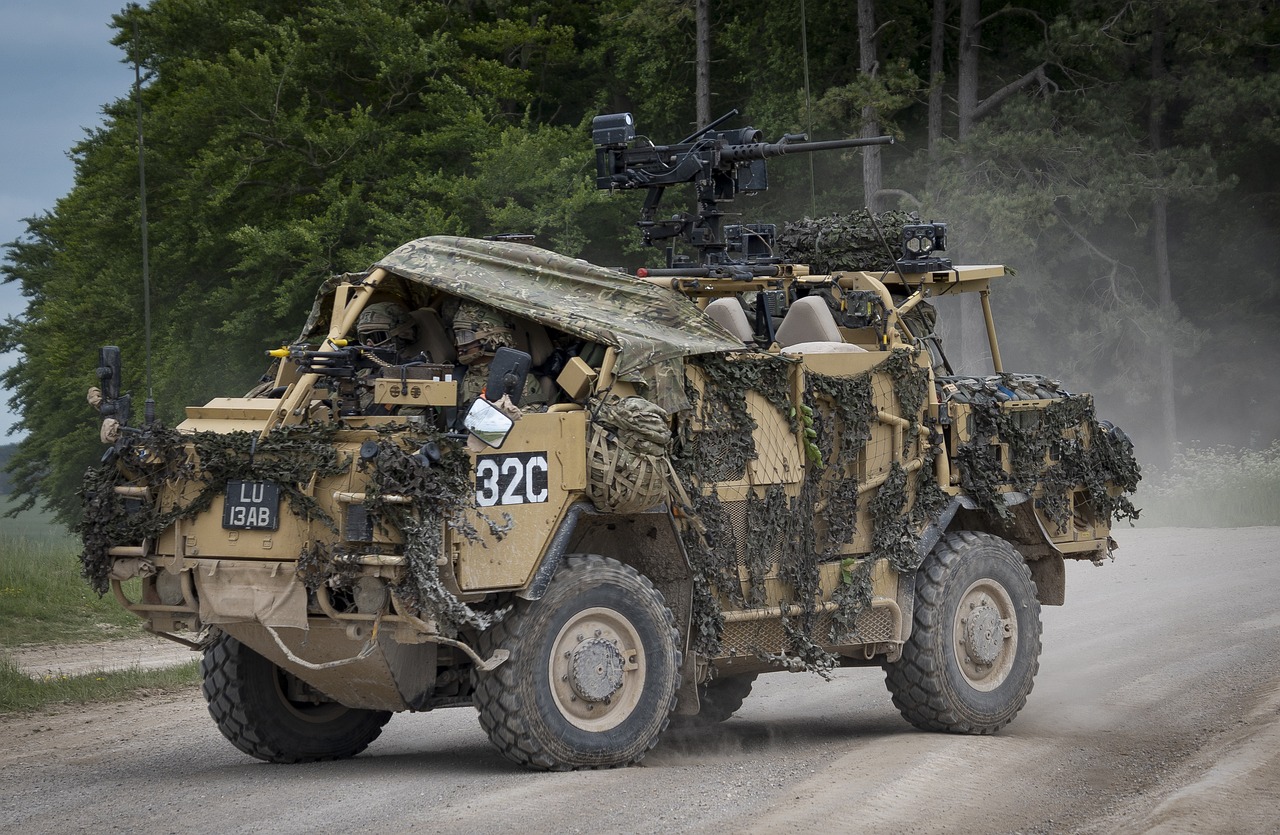
Public Perception and Media Influence
The impact of media on public perception regarding chemical warfare is both profound and multifaceted. In an age where information travels at lightning speed, the portrayal of chemical weapons in news outlets, documentaries, and social media can significantly shape how society views these devastating tools of war. Have you ever stopped to think about how a single news report can sway public opinion? It’s like throwing a pebble into a pond—the ripples spread far and wide. When a conflict involving chemical agents arises, the media often becomes the primary source of information for the public, which can lead to a range of reactions from outrage to apathy.
Consider the coverage of the Syrian Civil War, where reports of chemical attacks sparked international condemnation and calls for intervention. The vivid images and heart-wrenching stories shared across various platforms not only informed the public but also mobilized activists and humanitarian organizations. This reaction illustrates how the media can act as a catalyst for change, pushing governments to take a stand against the use of chemical weapons. However, the flip side is that sensationalized reporting can lead to misinformation, creating a distorted view of the realities on the ground. This begs the question: how do we discern fact from sensationalism in such a charged atmosphere?
Moreover, the role of social media cannot be overlooked. Platforms like Twitter and Facebook allow users to share their opinions and experiences, often leading to viral movements advocating for justice and accountability. For instance, hashtags like #NoMoreChemicalWeapons have gained traction, rallying public support against the use of these inhumane weapons. Yet, this rapid dissemination of information can also result in the spread of false narratives. As consumers of news, we must navigate this landscape with a critical eye, questioning the motives and accuracy behind the headlines.
In addition to shaping public opinion, media portrayal can influence political decisions regarding military action and policy-making. Politicians often gauge public sentiment through media coverage, which can lead to swift actions or prolonged inaction based on how the situation is framed. This creates a complex relationship where the media not only reports on events but also plays a role in shaping the very events it covers. The question remains: are we, as a society, prepared to hold the media accountable for its portrayal of such critical issues?
To further illustrate the impact of media on public perception, consider the following table that summarizes key events and their media coverage:
| Event | Media Coverage | Public Reaction |
|---|---|---|
| World War I Chemical Warfare | Extensive reports on trench warfare and gas attacks | Shock and horror, leading to anti-war sentiments |
| Sarin Gas Attack in Tokyo (1995) | Intense focus on the incident and its implications | Increased fear of terrorism and chemical threats |
| Syrian Civil War Chemical Attacks | Vivid imagery and survivor testimonies | Global outrage and demands for intervention |
In conclusion, the interplay between media, public perception, and chemical warfare is a complex web that influences our understanding and response to these issues. As we navigate this intricate landscape, it’s crucial to remain informed and critical of the information we consume. After all, in a world where media can easily shape narratives, our responsibility as consumers is to seek the truth and advocate for ethical responses to warfare.
- How does media coverage affect public opinion on chemical warfare?
Media coverage can significantly shape public sentiment, often leading to increased awareness and calls for action against the use of chemical weapons. - What role does social media play in shaping perceptions of chemical warfare?
Social media platforms allow for rapid dissemination of information, enabling grassroots movements and public discourse, but can also lead to the spread of misinformation. - Can media sensationalism impact political decisions regarding chemical warfare?
Yes, politicians often respond to public sentiment as portrayed in the media, which can influence their decisions on military action and policy.

Future of Chemical Warfare Ethics
The future of chemical warfare ethics is a complex and evolving landscape, shaped by advancements in technology, changes in international relations, and the ongoing struggle for human rights. As we look ahead, it becomes increasingly clear that the ethical considerations surrounding the use of chemical weapons will not only persist but intensify. The rapid development of new technologies, such as artificial intelligence and biotechnology, raises critical questions about the potential for new forms of chemical agents and their deployment in warfare. How do we ensure that these advancements do not lead to a resurgence in the use of chemical weapons?
Moreover, the geopolitical climate plays a significant role in shaping the discourse around chemical warfare. With tensions rising in various regions around the globe, the possibility of states or non-state actors resorting to chemical agents cannot be dismissed. This reality demands a robust and proactive approach to international law and ethical standards. As nations grapple with the implications of chemical weapons, the challenge lies in fostering a global consensus that prioritizes human dignity and the preservation of life.
One of the most pressing issues is the need for effective enforcement of existing treaties, such as the Chemical Weapons Convention (CWC). Although the CWC has made significant strides in prohibiting chemical weapons, the reality is that compliance and enforcement remain inconsistent. The international community must address these gaps to prevent the proliferation of chemical agents. This could involve strengthening verification mechanisms and imposing stricter penalties on violators. In this context, ethical frameworks, such as utilitarianism—where the focus is on the greatest good for the greatest number—can guide policymakers in making decisions that align with humanitarian principles.
Furthermore, public awareness and education are crucial in shaping the future of chemical warfare ethics. The role of media cannot be overstated; it has the power to influence public opinion and, consequently, political action. By fostering informed discussions about the moral implications of chemical weapons, the media can help create a society that actively advocates for peace and the protection of human rights. Engaging communities in dialogue about the historical consequences of chemical warfare can serve as a powerful reminder of why these weapons must never be used again.
In conclusion, the future of chemical warfare ethics is not just about preventing the use of chemical weapons; it’s about creating a world where the value of human life is paramount. As we navigate this challenging terrain, ongoing dialogue, cooperation among nations, and a commitment to ethical principles will be essential. The question remains: will we rise to the occasion and ensure that the horrors of chemical warfare remain a dark chapter in our history, rather than a recurring theme in our future?
- What are the main ethical concerns surrounding chemical warfare?
The primary ethical concerns include the disproportionate impact on civilians, the long-term health effects, and the moral implications of using such inhumane weapons in conflict. - How do international laws address chemical warfare?
International laws, particularly the Chemical Weapons Convention, aim to prohibit the development, production, and use of chemical weapons, but enforcement remains a challenge. - What role does public perception play in the regulation of chemical weapons?
Public perception, heavily influenced by media coverage, can shape political decisions and societal attitudes towards the use and regulation of chemical warfare. - What is the future outlook for chemical warfare ethics?
The future will likely involve ongoing discussions about the ethical implications of new technologies and the need for stronger international cooperation to prevent the use of chemical weapons.
Frequently Asked Questions
-
What is chemical warfare?
Chemical warfare refers to the use of toxic chemical substances as weapons to harm or kill enemy combatants and civilians. Unlike conventional weapons, chemical agents can cause severe injuries or death through inhalation, skin contact, or ingestion, making them particularly devastating in warfare.
-
What are the historical origins of chemical warfare?
The origins of chemical warfare date back to World War I, where it was first used on a large scale. Notable incidents, like the use of chlorine gas, marked a turning point in military tactics and raised significant ethical concerns about the use of such inhumane weapons in conflict.
-
What international laws regulate chemical warfare?
The Chemical Weapons Convention (CWC) is the primary international treaty that prohibits the development, production, stockpiling, and use of chemical weapons. Despite its existence, enforcement remains a challenge, with some nations still suspected of violating these regulations.
-
What are the moral implications of using chemical weapons?
The use of chemical weapons raises serious moral questions, particularly regarding human rights and the value of life. Many argue that deploying such weapons is never justified, while others debate their use in extreme circumstances, highlighting the complexity of ethical considerations in warfare.
-
How do chemical weapons affect civilian populations?
Civilians often bear the brunt of chemical warfare, experiencing long-term health issues and societal trauma. The indiscriminate nature of these weapons means that even non-combatants can suffer devastating consequences, leading to calls for stricter regulations and accountability.
-
What is the environmental impact of chemical warfare?
The environmental consequences of chemical warfare can be severe, with chemical agents contaminating land and water sources. This contamination can lead to lasting damage to ecosystems, affecting agriculture, wildlife, and human health for generations.
-
Can you provide examples of chemical warfare in history?
Two significant examples of chemical warfare include World War I, where various gases were used extensively, and the Syrian Civil War, where chemical agents were reportedly deployed against civilians. These case studies highlight the ongoing relevance and ethical implications of chemical weapons in modern conflicts.
-
What ethical frameworks are used to evaluate chemical warfare?
Various ethical frameworks, such as utilitarianism and deontology, provide different perspectives on the morality of chemical warfare. Utilitarianism focuses on the outcomes of using such weapons, while deontological ethics emphasizes the inherent wrongness of using inhumane methods, regardless of the consequences.
-
How does media influence public perception of chemical warfare?
The media plays a crucial role in shaping public opinion about chemical warfare, often influencing political decisions and societal attitudes. Coverage of chemical attacks can evoke strong emotional responses, leading to increased demand for regulation and accountability.
-
What does the future hold for the ethics of chemical warfare?
As technology continues to evolve, the ethical considerations surrounding chemical warfare will also develop. Ongoing dialogue and reevaluation of existing laws will be essential to address new challenges and ensure that ethical standards are upheld in the face of changing warfare tactics.




